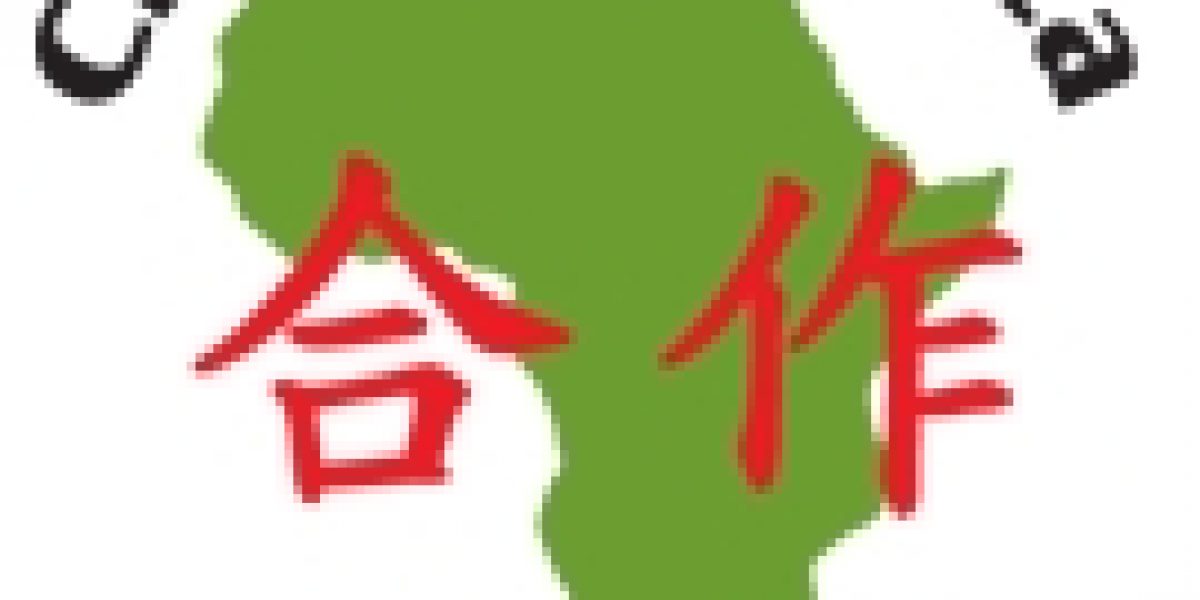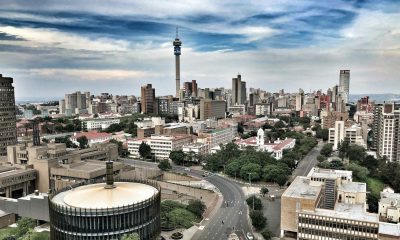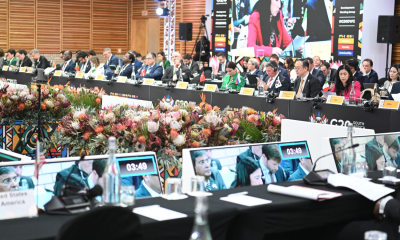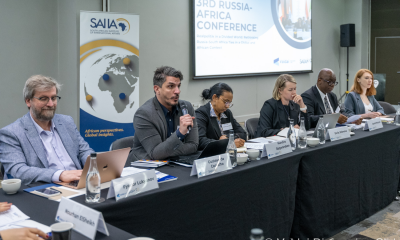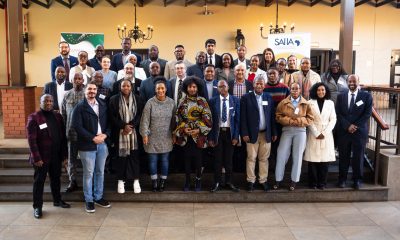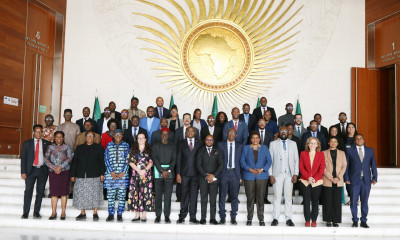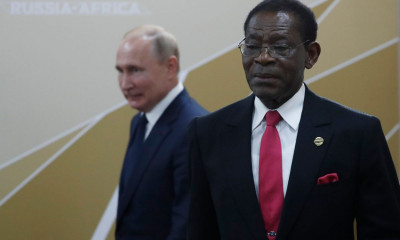Nowhere has this been as clearly seen as on the African continent. China has begun defining itself internationally as a power to reckon with from its relationship with Africa, making this engagement a fundamental element of the international political arena and one to follow attentively. The partnership between the world’s most dynamic economy and the most developmentally challenged continent is set to bring about important changes to the lives and livelihoods of the African people.
In order to fully comprehend China’s activities in Africa and their long-term impacts, the South African Institute of International Affairs (SAIIA) has initiated a programme dealing exclusively with the emerging Sino-African relationship. The project will promote a wider and more informed understanding of the engagement through in depth analysis and continent wide monitoring of every aspect of Chinese-African collaboration. Researchers will be working from the Horn, West, East and Southern Africa bringing their expertise as political scientists, economists, international relations specialists and anthropologists to provide insight to African policy makers.
SAIIA’s project therefore proposes to investigate the impact of China’s role on governance, trade and investment, development, and multilateral ties with Africa, by producing in-depth sectoral and regional studies based on field research conducted throughout the continent. The purpose of the studies is to extract lessons for governments, labour and civil society on China’s policies towards Africa with the view to make policy recommendations about how to fully leverage the opportunities that Chinese involvement brings.
The fast pace of change in Sino-African relations has recently provoked much discussion in policy making, as well as scholarly circles, in Africa, Europe and the United States. Some see this new engagement as an opportunity for the continent and others consider it to be detrimental to democratisation, human rights, transparency, state accountability and social justice. Underlying much of the existing analysis of Beijing’s new role in continental affairs are two contrary strands of thought. The first considers China to be a ‘development partner’ and the second as a ‘foreign competitor’. The research that SAIIA’s China programme will conduct aims to clarify and dispel existing misconceptions about this engagement by presenting well-founded analysis of the various social, political and economic angles of this engagement.
An empirically based analysis of the content and context of Chinese involvement in Africa will do much to improve understanding of the drivers of Chinese engagement and enhance, where appropriate, African capacities to interact more effectively with the multitude of interested stakeholders. In particular it would help clarify the following:
- (i) the relationship between China’s energy policy and its immediate interests in Africa;
- (ii) the implications of closer trading relations and investment regimes between the two regions;
- (iii) the depth and intentions of diplomatic co-ordination in the areas of multilateral governance.
The research will allow African leaders, institutions, trade unions and civil society to reap the benefits of the interaction with China so that a collective and integrated response to future challenges can be devised that provides for constructive engagement with Chinese partners.
SAIIA’s National Director, Elizabeth Sidiropoulos, comments, “China’s renewed engagement with Africa provides the continent with unique opportunities. This requires African states to interrogate their individual economic and developmental strategies and how China’s engagement can be harnessed to this end. This project aims to provide African policy makers with the necessary analysis to take this essential step on this road”.
The project is led by Dr. Chris Alden from the London School of Economics that has researched and published on Asian-African relations for over fifteen years, and will be coordinated by Paula Roque. It has been funded by the UK’s Department of International Development.
For further information, please contact the SAIIA Media Liaison Officer.


